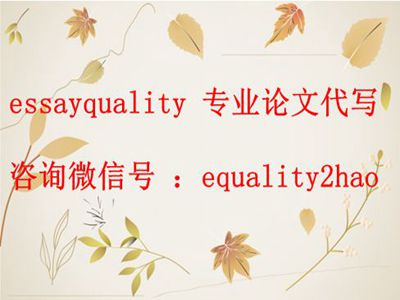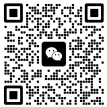英国网课代修、exam代考、、exam代考/商科网课作业代写/英国作业代写/英国online exam/quiz代考、网课代考、essay代写、北美online exam/quiz代考、网课代考、essay代写。加拿大网课代写|网课代修、exam代考、、exam代考|网课托管、online exam代考、online exam代考代托...
铭信小编分享--网课作业代写范例一篇!
The form of Faustus fortunes good or bad.
To patient Iudgements we appeale our plaude. (Marlowe, Faustus, 7-9)
This appeal to the moral purpose of the play is misleading, for neither Faustus nor Tamberlaine are characters directed by their moral choices. Tamberlaine, it is arguable, is an agent of God while at the same time exercising his free will with no apparent consequence.
Marlowe appears to be addressing familiar issues of blasphemous defiance, tyranny, cruelty and arrogance in Tamburlaine, but ironically he presents these issues as the glory of the tragic hero. Unlike traditional tragedies, there is no stable moral framework, with the result that the audience is left feeling uneasy with the divine implications of the hero's downfall. Tamburlaine, rather than submit to his pre-ordained fate, boasts of his own dynamic power:
I hold the Fates bound fast in yron chaines,
And with my hand turne Fortunes wheel about (369-70)
Fate and Fortune, two of the most conventional symbols of human limitation, are here manipulated by the hero not as a sign of his hubris, but rather as a heroic achievement. Marlowe uses this gross inversion as a reflection of the changing values in Renaissance society. As Stephen Greenblatt (1980) says, 'Marlowe writes in the period in which European man embarked on his extraordinary career of consumption, his eager pursuit of knowledge, with one intellectual model after another seized, squeezed dry, and discarded, and his frenzied exhaustion of the world's resources' (199). The Enlightenment saw the questioning of fundamental assumptions about man's place in the world, a uncertainty reflected in the ambiguous relation between the tragic hero and his divinely ordained fate.
C. L. Barber (1988) has commented on the way in which the audience engages with such egotistic individualism of the tragic hero, noting the role of the triumphal individual in the Renaissance and the significance of individualistic 'prophesying' as a disruptive form of expression that challenged the authority and legitimacy of the Church and state. Marlowe writes at a time of religious transition and new philosophical notions of self-consciousness, and appropriates religious language and symbolism to launch an attack on the Church. Tamburlaine rebels against divine, political and social order, and in doing so sets himself beyond limitation and definition, 'alwaiies moouing as the restles Spheares' (876). Tamburlaine's rebellion is an uneasy one, for there is no possibility of reconciliation and restoration of order. Theridama, the 'Chiefest Captain of Mycetes hoste', reveals this as he says:
Tamburlaine? A Scythian Shepheard, so imbelished
With Natures pride, and richest furniture,
His looks do menace heauen an dare the Gods…
What stronge enchantments tice my yielding soule?





